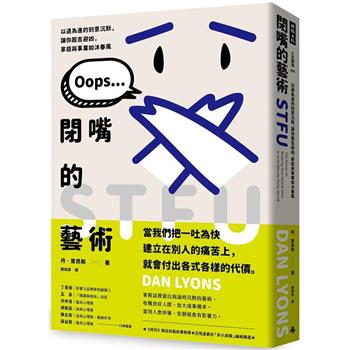This book explains the critical parts of a continuous improvement strategy and where reactive improvement through effective daily management fits in. In addition, it shows the consequences if daily management is not performed well.
The book then introduces the seven elements of reactive improvement that must work in concert for effective daily management and allows the reader to rate their site or department to determine their starting point compared to best practices.
The remaining seven chapters outline in detail why each of the seven elements are important to achieving operational excellence, and most importantly, how to implement each element supported with many templates and tools:
- Supportive Organization Structure to support development of your people so they have ownership and accountability for the performance of their area of responsibility;
- Effective Frontline Leaders to ensure salary staff are not working down a level
- Appropriate Measures with expected targets that are linked to the site’s Key Success Factors for Operations to ensure Goal Alignment, and are relevant for the area being focused on;
- Structured Daily Review Meetings to identify opportunities (problems / incidents) and monitor progress of their solution;
- Visual Information Centers that visually display daily and trending performance along with monitoring of actions to address issues / problems raised;
- Frontline Problem SolvingRoot Cause Analysis capability across the site; and
- Rapid Sharing of Learning capability across shifts and across the site.












